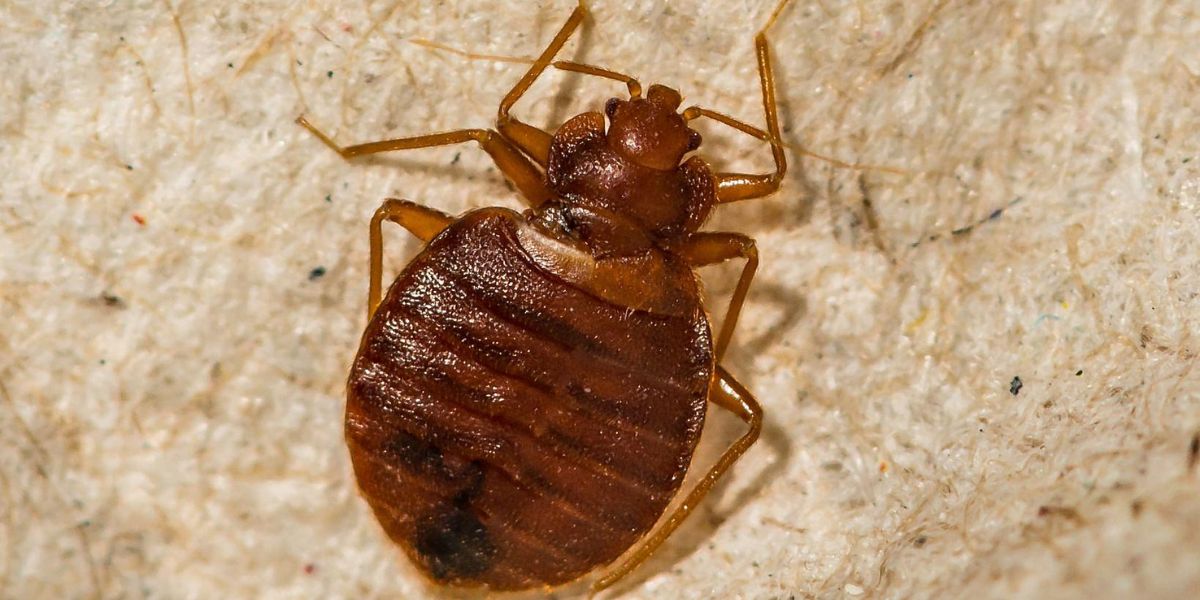New Jersey’s Sleepless Nights: The Statewide Battle Against Bed Bugs
For many New Jersey residents, a decent night’s sleep is a luxury under threat. Bed bugs, blood-sucking hitchhikers that flourish in human homes, have been an ongoing issue throughout the state. These nocturnal pests can infest apartments, hotels, and even movie theaters, resulting in sleepless evenings and itching welts.
This article discusses the present bed bug crisis in New Jersey. We’ll look at five cities – Jersey City, Newark, Atlantic City, Trenton, and Hoboken – that are actively combatting the bug invasion. We’ll look at the difficulties each city faces, the methods they’re implementing, and the resources accessible to people. Bed bugs are not new to New Jersey, but their rise in recent years has been dramatic.
The development of multi-family housing, more travel, and resistance to traditional insecticides have all contributed to the issue. Unlike mosquitoes and flies, bed bugs cannot be swatted away. They are hardy pests that may go months without feeding and are easily transported on baggage, clothing, or worn furniture.
1. Jersey City
Jersey City’s expanding population density presents a particular problem. Apartment buildings with common walls and hallways provide a network that allows bed bugs to proliferate quickly. The city is implementing a multifaceted approach:
Public awareness campaigns: Jersey City is running public awareness programs to teach citizens how to recognize bed bugs, avoid infestations, and prepare for treatment.
Free inspections: The city health department provides residents with free inspections to detect infestations early on.
Financial assistance: The city offers low-income residents financial assistance to pay the expense of professional pest management.
Read more: The Bed Bug Comeback: How Five Pennsylvania Cities Are Fighting Back
2. Atlantic City
The Atlantic City tourism business is especially vulnerable to bed bug outbreaks. The city collaborates with hotels and motels to:
Create required bed bug inspection protocols: Regular inspections can detect infestations before they cause disruptions in guest experiences.
Invest in canine detection units: These properly trained dogs can swiftly and accurately discover bed bugs in hotel rooms.
Implement rapid response methods: A prompt response to recognized infestations is critical for minimizing disturbance and preventing spread.
3. Trenton
Trenton, which is the capital of New Jersey, is addressing the issue of bed bugs through education:
Cooperative efforts with educational institutions: The city works together with educational institutions to educate students and their families about bed bugs.
Public awareness campaigns run in several languages: Trenton is conscious of the significance of reaching out to its varied communities through the use of awareness programs that are conducted in multiple languages.
Free educational resources: There are free educational tools available, including informational brochures and online resources, that are provided by the city regarding bed bugs.
4. Newark
Newark’s bed bug problem extends beyond individual apartments. The city focuses on community-wide solutions:
Partnerships with landlords: Newark is collaborating with landlords to establish more stringent pest control practices for rental properties.
Public housing initiatives: The city is working with public housing agencies to implement comprehensive bed bug eradication plans.
Community education workshops: These seminars teach residents about bed bug prevention and eradication, encouraging them to take action.
Also read: Bed Bug Blitz: Illinois’ Five-city Battle Against the Bloodsuckers
5. Hoboken
Hoboken, a highly populated city, promotes a united effort against bed bugs.
Tenant-landlord communication workshops: Workshops help renters and landlords communicate more effectively to solve infestations.
Financial help programs: Hoboken provides financial aid to low-income individuals for bed bug treatment charges.
Bed bug hotline: Residents can call a dedicated hotline to report infestations and receive assistance.
Fighting the Bite: Bed Bug Treatment Options
To eradicate bed bugs, a diverse approach is required. Here are some common treatments:
- Chemical treatments: To eliminate bed bugs and their eggs, professional exterminators employ specialized insecticides.
- Heat treatments: Heat treatments entail raising the temperature in an afflicted area to kill bed bugs at all phases of their life cycle.
- Encasements: Encasements capture bed bugs on mattresses and box springs, keeping them from hiding and eating.
- Cryonite treatments: Freezing temperatures to kill bed bugs and their eggs.
The appropriate method of action is determined by the severity of the infestation and the individual circumstances. Consultation with a licensed pest control professional is essential.
Preventing the Onslaught: Proactive Steps
Here are some proactive things you may take to avoid a bed insect infestation.
- Inspect used furniture before bringing it home.
- Vacuum and steam clean your carpets and mattresses regularly.
- Wrap mattresses and box springs in protective covers.
- Every week, wash your bedding with hot water (at least 130°F).
- Seal cracks and fissures in walls and furniture.
- Be cautious when traveling and staying at motels. Inspect your room for bed bugs,
- Particularly around mattress and box spring seams.
Final Words
Five cities in New Jersey are taking proactive measures to address the bed bug issue. They’re combatting these resilient pests with education, inspections, financial aid, and community efforts to bring calm and comfort to impacted residents. The collective action emphasizes the necessity of raising awareness and making resources available in this continuing battle.
NOTE: Early discovery and treatment are essential for bed bug elimination. Don’t hesitate to get assistance from a professional.










